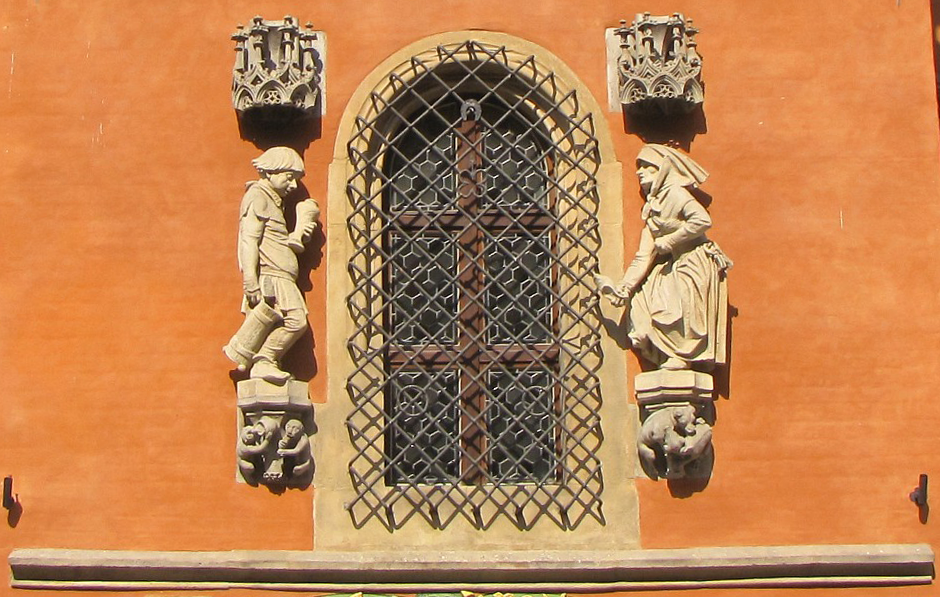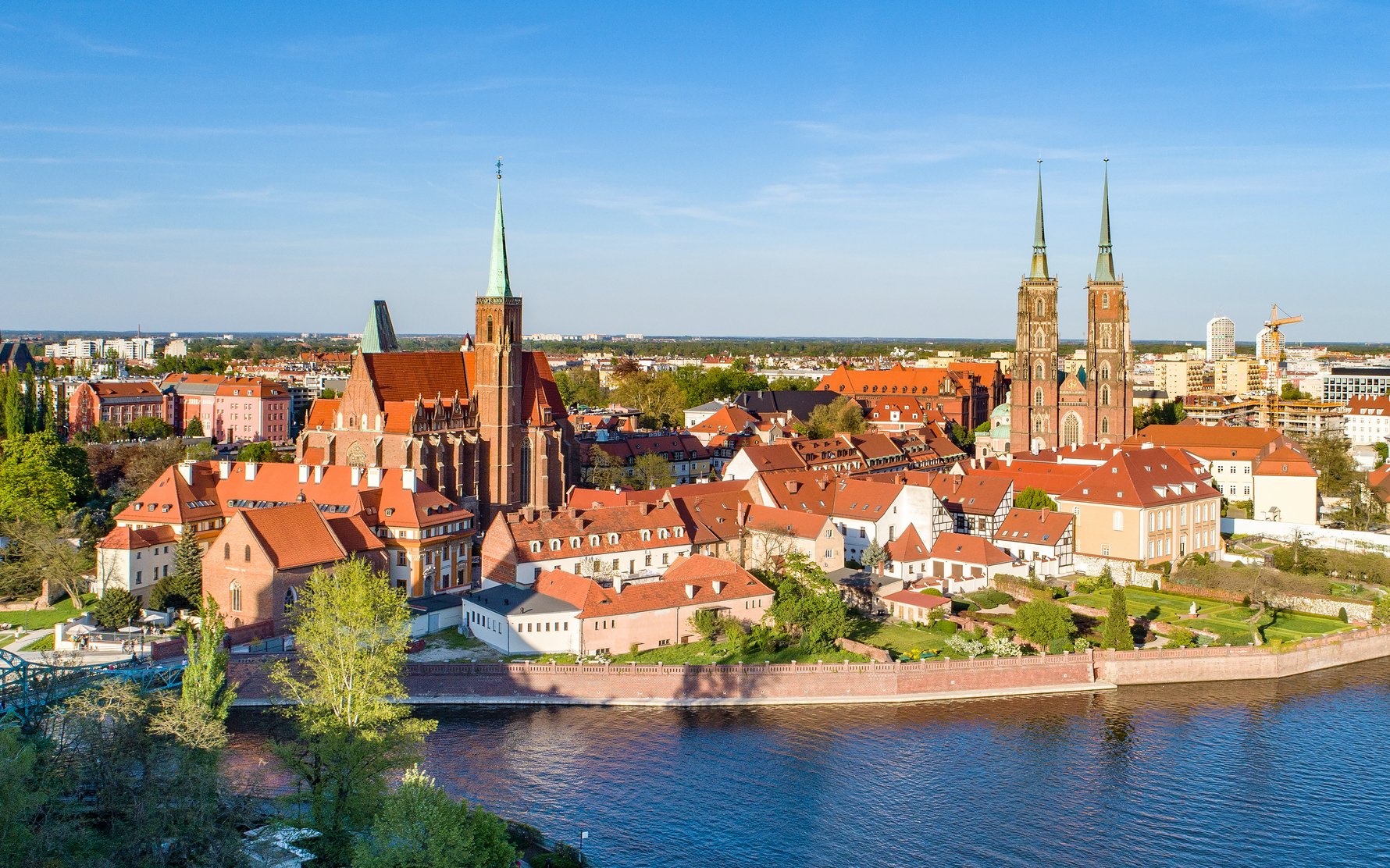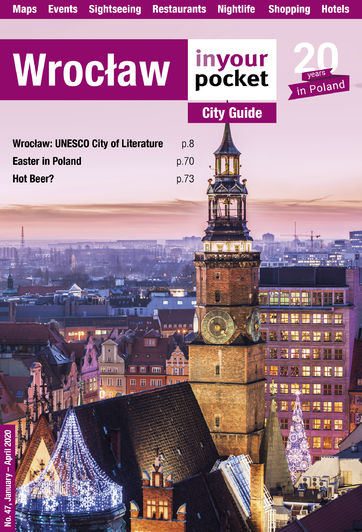Ask any of Wrocław's downtown residents where they live and they'll probably say, "Near Such-and-such Church, above Such-and-such Bar." Indeed, the city has so many churches and bars that it could practically use them for navigational coordinates. The history of both goes back a long way, with the city's historical breweries providing evidence of a local drinking tradition as deep-seated as the Catholic Church. Though peacefully co-existent today, the two institutions found themselves at odds in the 14th century, resulting in over a year of prohibition. And it wasn't on booze. Read on to learn the unusual circumstances of the 'Vretslav Beer War.'

Church vs. State: The Vretslav 'Beer War'
Lower Silesia’s political ties to the Polish crown came to an end in 1327, just prior to the passing of King Henryk VI - last of the once-powerful, yet suddenly successorless Piast line. Joining Bohemia by prior arrangement, Lower Silesia’s capital became known as ‘Vretslav’ (today 'Wrocław') and, as history would have it, wouldn’t return to Polish rule until 1945. Throughout the Bohemian era, Vretslav was dominated by the 'Rata' or 'Rat' – a City Council headed by an elected chairman with mayoral duties. The establishment of this City Council quickly set it at odds with the Church, who prior to that moment had held the most sway over local matters. Things came to a head in 1380, when a quibble between the two sides over beer sales, blew up into an almost Chicago gangland-style turf war, with absurd and disastrous results.If you’ve taken a look at the frontages of the Town Hall – specifically those right above the entrance to the famous Piwnica Świdnicka - you may have an inkling of how central the role of beer was in medieval life. It was from this very beer cellar that the city ran a lucrative racket, enjoying what was essentially a monopoly on public beer sales with their popular brand imported from nearby Świdnica (known as 'Schweidnitz' in those days). As the Church began to increasingly undercut city gains through the unsanctioned sales of their own heady brews from Ostrów Tumski, the City Council sent its most intimidating representatives to the Bishop to make it clear that they weren’t pleased. Hardly impressed, the Bishop continued his black operation, prompting the City Council to confiscate his supply and place further sanctions on its production and sale. In what by that time had developed into a full-scale secular-ecclesiastical power play, the Bishop made the unprecedented move of placing the city under interdict, essentially shutting down all religious services. In an era when religious conflict was common across Europe, here in medieval Vretslav the Church was actually denying the people the right to practise their faith, in order to protect the Church’s right to sell beer. Drink on that concept for a moment.

The unprecedented stalemate, which became known as the ‘Vretslav Beer War,’ continued into the summer of 1381 when the new king, Vaclav IV, came to town to receive the city’s homage. After requesting that the interdict be lifted in order to accommodate the requisite church services in his honour, the King was so shocked and outraged by the Bishop’s bold refusal that he quickly set his soldiers to the task of sacking Ostrów Tumski, including the Cathedral, Bishop’s residence and monastic houses. For the duration of his stay, the King’s soldiers drunkenly roamed the city dressed in pillaged clerical outfits, looting every church building within range of their blind staggers. Despite the destruction, the Bishop remained unmoved and a papal bull was actually required to settle the dispute. The resultant decree allowed the Church to supply beer to its own dependants, however the city retained their monopoly on sales to the public, proving their might over their ecclesiastical adversary.






Comments